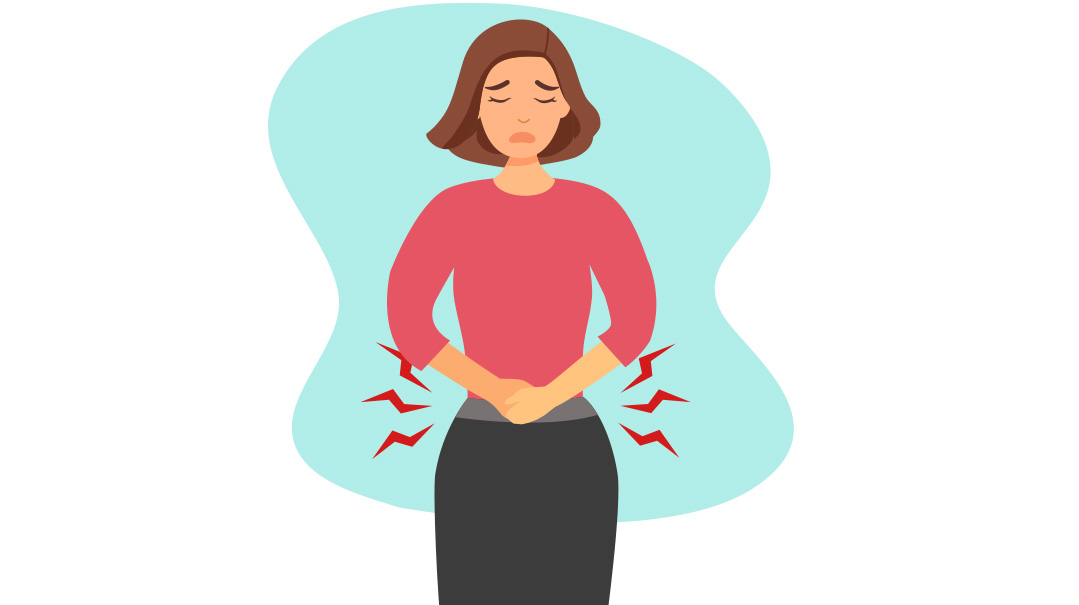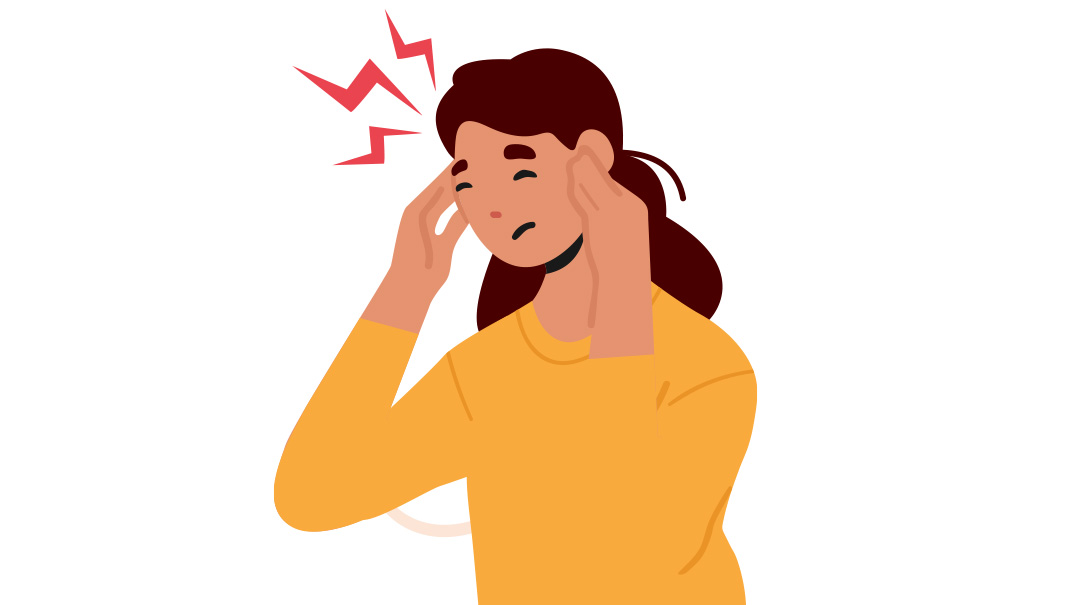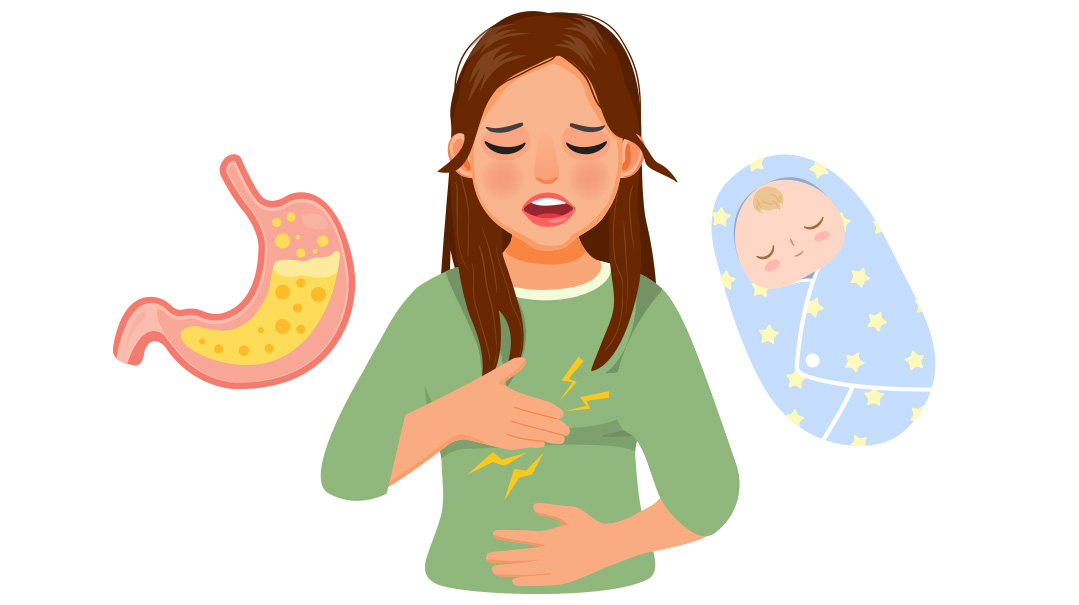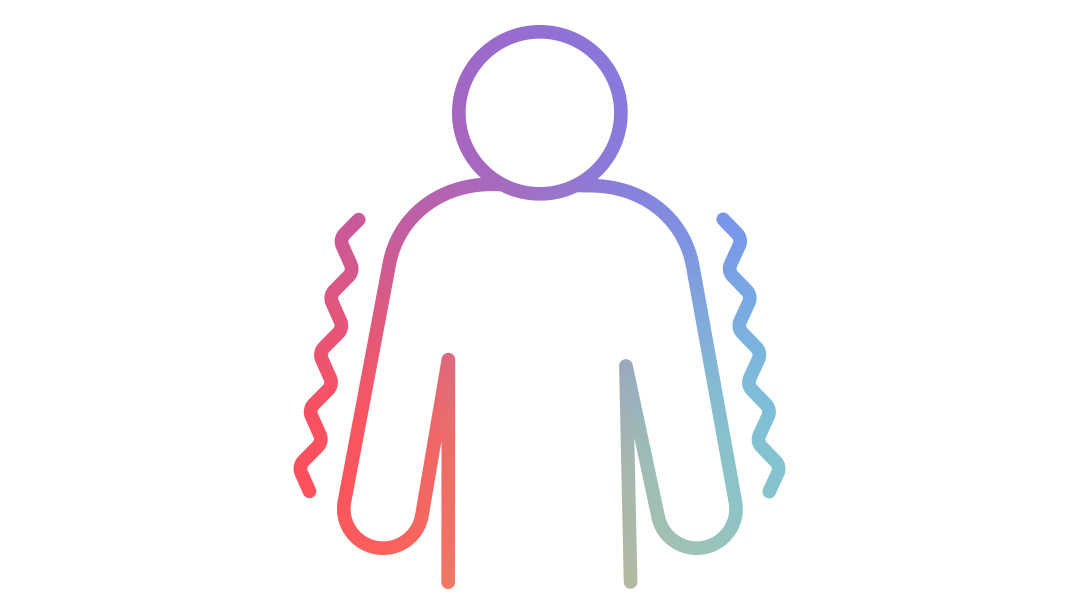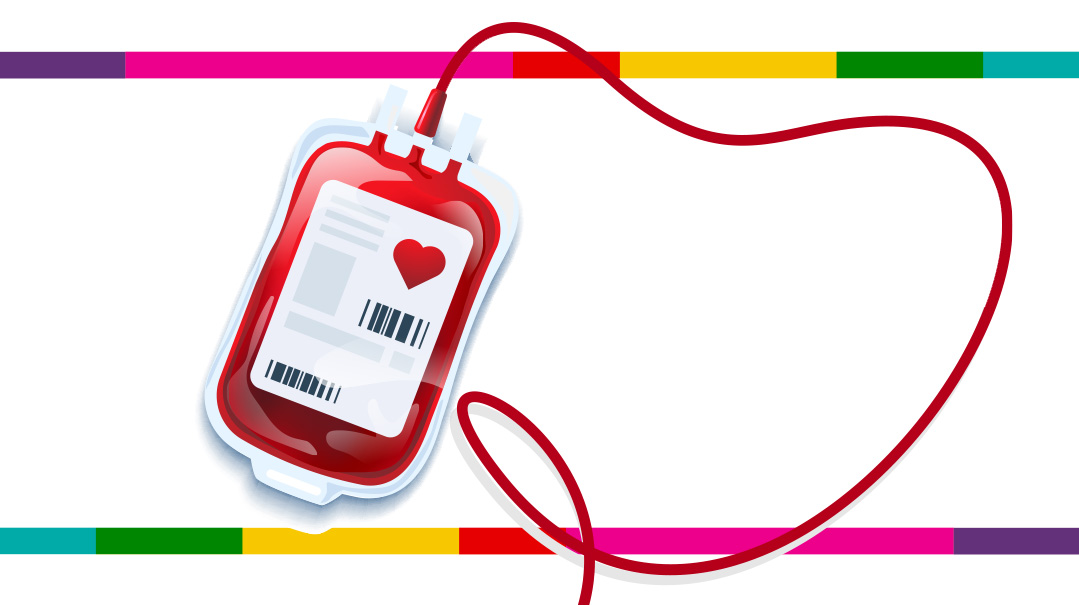Growth Hormone Deficiency
| November 15, 2022When someone is deficient in growth hormone, they’re just not going to grow the way they should!

There are so many important hormones doing so many important things in your body — all day, every day. Some of the hormones you may be more familiar with are those that affect your blood sugar, your sleep, your mood, and your growth. If your body doesn’t produce enough of any particular hormone, certain things just won’t happen the way they’re supposed to. When someone is deficient in growth hormone, they’re just not going to grow the way they should!
Discovering GHD
As with many conditions, the first step is to figure out that there is an issue, and what the issue is. While many kids will be on the shorter side because of genetic factors (their parents and family members are not tall), sometimes, kids don’t grow enough because of GHD (growth hormone deficiency). The main symptom will just be slow growth; the child will be shorter and often slighter than other children his age and will grow very slowly. Monitoring kids and young teens’ growth on a yearly basis can ensure that any issues are caught in time. Growth is measured by both weight and height; both figures are plotted on graphs to see if the child is growing normally, slowly, or not at all.
Diagnosing GHD
Usually, the journey starts at the pediatrician’s office, when the doctor is not fully satisfied with your growth. At that point, the pediatrician will generally refer you to two tests: blood work and an x-ray of your hand. The lab tests will reveal if there is anything else that could be affecting your growth (like undiagnosed celiac disease, as an example), while the x-ray results will tell your doctor how old your bones seem to be. Surprisingly, your bones don’t always appear to be the same age as you are! Bones can appear older or younger than they actually are, which can help provide your doctor with some clues about your growth.
If the pediatrician feels that you might have a growth hormone deficiency, the next step is usually a referral to an endocrinologist. That’s the fancy name for a doctor who deals with everything related to hormones. The endocrinologist may refer you for additional testing to confirm the diagnosis.
Treating GHD
Treatment is fairly straightforward, if annoying. Since what’s missing is growth hormones, treatment is to inject some into the body. These are “synthetic” hormones, which means they are manufactured in a laboratory (not in your body). The shots are usually given daily. No worries; kids with GHD are not going to the doctor every day! They, or their parents, learn to administer the injections quickly and safely right in the comfort and privacy of their own home.
Many kids with GHD are treated until their early teen years. As they start maturing, many kids start producing sufficient GHD on their own. But sometimes, the hormones never kick in naturally, and people with GHD remain dependent on the injections. That’s a decision for the endocrinologist to make.
The good news is that even when GHD is diagnosed, the condition generally responds very well to treatment — especially when started earlier rather than later. See, those well checkups aren’t a waste of time, after all!
Did you know?
Even though they’re not growing anymore, adults still need growth hormone to maintain their body’s structure and metabolism.
Synthetic growth hormones have been used since the mid-1980s.
Wishing you health and strength!
(Originally featured in Teen Pages, Issue 936)
Oops! We could not locate your form.

